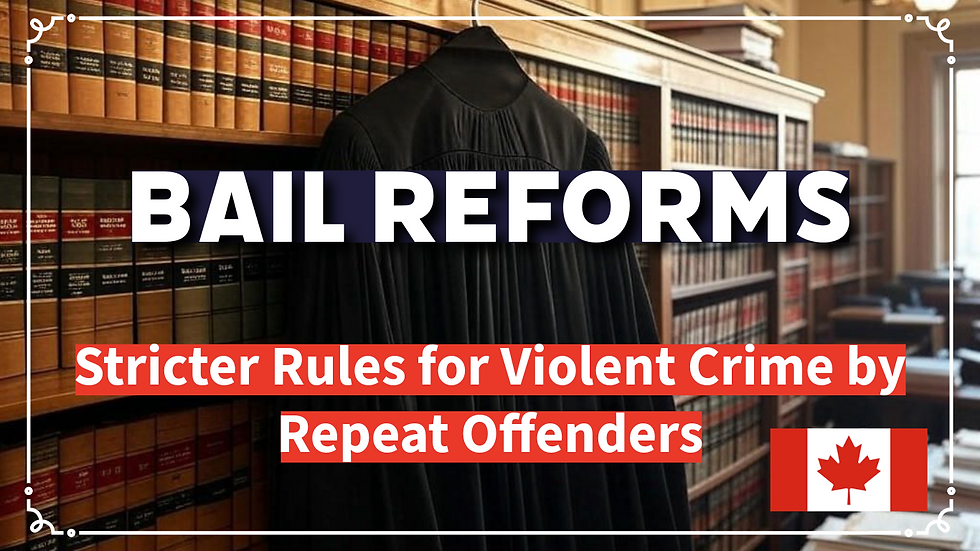Victim compensation scheme
- M.R Mishra

- Mar 5, 2024
- 2 min read
A victim compensation scheme is a government program that provides financial assistance to victims of crime or their dependents.
The purpose of these schemes is to help victims cope with the financial and emotional impact of the crime
These schemes can provide compensation for a variety of losses, including:
Medical expenses
Lost wages
Funeral expenses
Pain and suffering
The specific types of crimes that are covered by victim compensation schemes vary from country to country. However, most schemes cover serious crimes such as violent crime, sexual assault, and terrorism.
Here are some of the benefits of victim compensation schemes:
They can help to reduce the financial burden on victims and their families.
They can help victims to focus on their recovery from the crime.
They can send a message to victims that they are not alone and that their suffering is recognized.
Here are some of the challenges of victim compensation schemes:
They can be complex and difficult to navigate.
The amount of compensation that is awarded can vary widely.
There may be a long wait for compensation to be paid.
India's victim compensation scheme is governed by several legal provisions spread across different acts. Here's a breakdown of the key legal aspects:
Main Provisions:
Code of Criminal Procedure (CrPC), 1973 (Sections 357, 357A, 357B & 357C):
Section 357: This traditional provision allows courts to award compensation to victims from the fine imposed on the convict. However, the amount is limited to the fine itself.
Sections 357A to 357C: These newer sections introduced in 2008 and 2013 establish a more robust victim compensation framework:
Section 357A: Mandates every state government, in coordination with the central government, to prepare a scheme for providing compensation to victims or their dependents who have suffered loss or injury due to crime and require rehabilitation.
Section 357B: Clarifies that compensation awarded under the scheme is in addition to any fine imposed on the offender under specific sections of the Indian Penal Code (IPC) related to sexual assault.
Section 357C: Sets guidelines for the scheme to address aspects like eligibility criteria, quantum of compensation, and the authorities responsible for processing claims.
Additional Provisions in Other Acts:
Probation of Offenders Act, 1958: Courts can order offenders released on probation to pay compensation to the victim for loss or injury caused by the crime.
Motor Vehicles Act, 1988: Victims of road accidents (or their dependents in case of death) can claim compensation from the offender under specific sections.
Schemes by Legal Services Authorities: The National Legal Services Authority (NALSA) has formulated a specific scheme for compensation to women victims/survivors of sexual assault and other crimes.
Key Points to Remember:
The scheme applies even if the accused is not identified, not tried, or acquitted.
The specific eligibility criteria, quantum of compensation, and application process are determined by the individual state government schemes formulated under CrPC 357A.
You can approach the District Legal Service Authority (DLSA) or State Legal Service Authority (SLSA) for guidance and filing compensation claims.
Recommendations:
For the latest information and specific details, consult the victim compensation scheme formulated by your state government.
Consider seeking legal advice to understand your eligibility and navigate the claim process effectively
Thanks for visiting!!






Comments